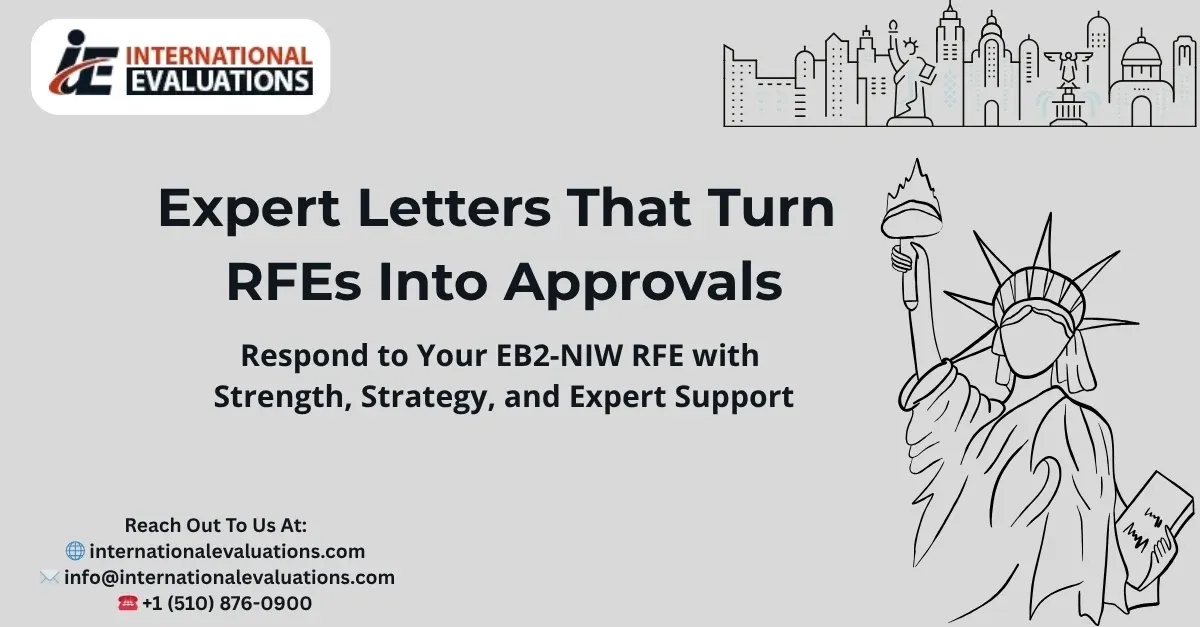Introduction
In our significantly globalized world, the importance of comprehending foreign education systems has actually never been more vital. Whether you're a global trainee seeking admission to a university abroad, an employer aiming to work with skill from diverse backgrounds, or an university examining candidates' qualifications, familiarity with how various education systems operate can significantly impact your choices. This short article digs deep into "The Course-by-Course Technique to Comprehending Foreign Education Systems," supplying insights and guidance on browsing this complex terrain.


The Course-by-Course Approach to Comprehending Foreign Education Systems
Understanding foreign education systems requires a nuanced approach. Standard methods often fall short, as they may not account for the distinctions in curriculum, grading systems, and academic qualifications across countries. The course-by-course credential assessment method addresses these variations by evaluating specific courses taken by trainees, rather than simply looking at overall degrees or diplomas.
What is Course-by-Course Credential Evaluation?
Course-by-course credential assessment is a specific type of scholastic credential assessment that breaks down a trainee's academic history into specific courses. This method provides comprehensive insights into:
- Course material: What subjects were studied? Credit hours: How many credits were awarded for each course? Grades received: What was the performance level in each subject?
This level of detail helps institutions evaluate the equivalency of foreign education compared to local standards effectively.
Why is it Important?
Understanding the specifics of a student's academic background permits organizations and companies to make educated decisions. For example, if a student graduated from a foreign university with a specialization in engineering but did not take particular core courses recognized in another country, this might impact their eligibility for specific programs or task roles.
How Does Academic Credential Evaluation Work?
1. The Process Explained
Academic credential evaluation normally involves numerous actions:
- Document Submission: Students send their transcripts and other relevant documents. Verification: The evaluating agency verifies the authenticity of these files with releasing institutions. Evaluation Report Production: Comprehensive reports are generated outlining course equivalencies and grades.
2. Kinds Of Examinations Available
There are numerous kinds of assessments readily available depending on what you require:
- General examination: Offers an overview of degree equivalency. Course-by-course evaluation: Deals detailed details about individual courses. Work experience assessment: Evaluates professional experience related to academic qualifications.
Each type serves various functions and is vital depending upon your situation.

International Credential Examination Services: A Thorough Guide
When thinking about studying or working abroad, knowing which global credential examination services to use is crucial. Here's a breakdown:
1. Acknowledged Agencies for Assessment Services
Several recognized firms specialize in worldwide credential examinations:
|Firm Name|Country|Specialization|| ----------------------------|-----------------------|------------------------------|| World Education Provider (WES)|USA|Academic credentials|| Educational Credential Evaluators (ECE)|USA|Course assessments|| International Education Evaluators (IEE)|U.S.A.|Comprehensive assessments|
These firms have established credibility and are recognized by universities and companies alike.
2. Elements Influencing Option of Agency
When picking an agency for global credential examination services, consider aspects such as:
- Reputation and recognition Turnaround time for evaluations Cost of service Type of reports provided
The Function of Course-by-Course Credential Examination in Admission Processes
1. Universities' Point Of View on Evaluations
Universities often count on course-by-course examinations during admissions since they offer clearness regarding the candidate's readiness for their programs.
Why Is This Crucial?
Different nations have differing mentor methodologies and course structures; hence:
- It makes sure that applicants meet prerequisites. It assists preserve scholastic requirements within programs.
2. Employers' Perspective on Evaluations
For employers, comprehending an applicant's instructional background through in-depth assessments can be pivotal in recruitment processes.
Key Points for Employers
Employers can figure out if candidates have essential abilities through assessments such as:
- Identifying core competencies established during coursework. Validating claims made by candidates concerning their academic achievements.
Work Experience Evaluation: Bridging Gaps in Academic Credentials
In addition to formal education, work experience plays a significant role in assessing someone's certifications-- specifically when individuals have non-traditional academic backgrounds or when they have actually gotten expertise through useful methods rather than official schooling.
1. What Constitutes Work Experience Evaluation?
Work experience examinations include examining professional experiences against scholastic standards. Aspects examined consist of:
- Job titles held Responsibilities undertaken Skills acquired
2. Value in Different Sectors
Various sectors worth work experience in a different way; for example:
- In technical fields like IT or engineering, relevant work experience may surpass official qualifications. In academic community or specialized professions like medicine, formal credentials may hold more weight than work history alone.
Expert Viewpoint Letters: Enhancing Your Credential Evaluation Process
An expert viewpoint letter functions as an additional tool that supports conventional credential evaluations by supplying context about special academic experiences or curricula that may not fit nicely into basic frameworks.
1. Function of Specialist Viewpoint Letters
These letters offer insights from professionals who comprehend both the foreign education system and regional standards better than automated examination processes can convey.
Benefits Include:
- Verification of uncommon certifications Clarification on curriculum specifics Support in making a case for admission or hiring
2. How to Get a Specialist Viewpoint Letter?
To get an expert viewpoint letter:
Identify experts acquainted with both academic systems. Request in-depth assessments based on individual scholastic records. Ensure these opinions are recorded officially for submission with applications.Business Strategy Examinations: Understanding Entrepreneurial Certifications Throughout Borders
In today's competitive landscape, companies often seek skill from varied backgrounds who have special entrepreneurial abilities shaped by varied educational experiences around the globe.
1. What is Company Plan Evaluation?
A business plan examination assesses the viability and potential success of proposed company concepts while thinking about fundamental understanding acquired from official education and practical experiences abroad.
Components Include:
- Market research study analysis Financial projections Marketing strategies
2. Significance in Global Markets
Business plan examinations matter since investors frequently want assurance that business owners understand local markets adequately while also being able to leverage their worldwide education effectively.
Conclusion
Navigating foreign education systems can seem intimidating at first look; nevertheless, using strategies such as course-by-course credential examination provides clarity and precision that benefits both students and organizations alike. By incorporating different tools like work experience examinations and professional viewpoint letters into this procedure, stakeholders can guarantee they make knowledgeable options regarding admissions or hiring practices based on comprehensive assessments rather than surface-level info alone.
In summary, "The Course-by-Course Technique to Understanding Foreign Education Systems" not only improves openness however likewise fosters inclusivity in academic community and work sectors worldwide-- allowing varied talents to contribute meaningfully throughout borders without being hindered by misunderstandings surrounding their qualifications.
Frequently Asked Questions (FAQs)
Q1: What is course-by-course credential evaluation? A: It's an approach that evaluates individual courses taken by students rather than simply general degrees to supply in-depth insights into their scholastic history.
Q2: Why must I get my credentials evaluated? A: Credential examinations assist universities assess your credentials precisely while permitting employers to verify your abilities against https://postheaven.net/travenqtrh/transform-your-work-experience-into-global-opportunities-an-assessment-guide market standards.
Q3: Which firms use worldwide credential evaluation services? A: Agencies like World Education Services (WES) and Educational Credential Evaluators (ECE) are widely acknowledged options among others focusing on international qualifications.
Q4: Can work experience be assessed together with my academic credentials? A: Absolutely! Work experience assessments evaluate professional experiences pertinent to your field alongside official instructional achievements improving your overall profile significantly.
Q5: How do expert viewpoint letters add to my application? A: They supply individualized context from experienced specialists verifying distinct aspects about your credentials which might not be recorded through basic evaluations alone.
Q6: Is company strategy evaluation crucial for entrepreneurs with foreign degrees? A: Yes! It confirms entrepreneurial ideas against established service concepts ensuring detailed analyses that draw in investments while showcasing ingenious thinking influenced by varied instructional backgrounds.
This article aims not just at debunking complex processes included however likewise highlights crucial resources needed along this journey towards comprehending foreign education systems effectively!